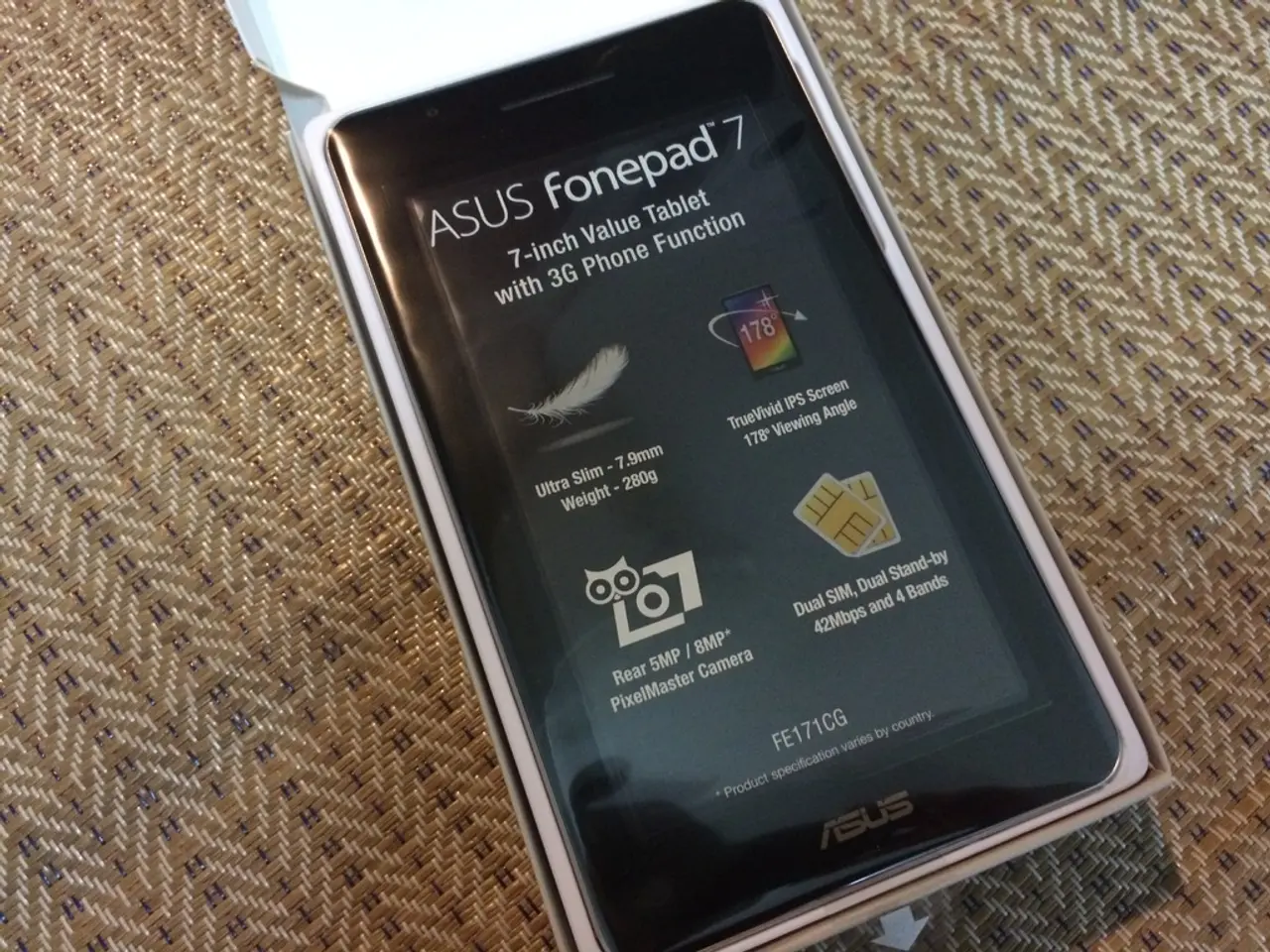Revolutionizing the smartphone industry, Apple unveils its upcoming iPhone 17 Pro, poised to redefine mobile technology.
Apple is set to unveil its latest smartphone lineup this week, with the iPhone 17, iPhone 17 Air, iPhone 17 Pro, and iPhone 17 Pro Max taking centre stage. This launch marks the last realistic opportunity for Apple to make a significant impact on the AI conversation in the smartphone market.
The company's situation with consumer AI is far from rosy. While Android manufacturers like Samsung and Google have embraced AI, Apple has been playing catch-up. The iPhone 17 Pro, in particular, cannot offer deep and persistent personalization due to its on-device processing limitations.
In contrast, Google's Pixel 10 and Pixel 10 Pro, launched earlier, demonstrated a clear vision for the future of mobile AI. Google's agentic-AI approach, highlighted by features like Magic Cue, has been a game-changer in the industry. The Pixel 8 family, christened as the first "AI Smartphone" in 2023, further solidified Google's position.
Critics, such as John Gruber, a notable commentator, have called the demos at WWDC "vapourware". However, the iPhone 17 series needs to sell the idea that artificial intelligence is personal intelligence, not shared with the cloud or used to train AI at scale.
Tim Cook, Apple's CEO, needs to shift the discourse away from the current focus on cloud-based AI to a focus where Apple has an advantage. The Private Cloud Compute system, used for cloud-based AI processing on the iPhone 17 Pro, boasts safeguards such as stateless processing, data minimisation, and verifiable privacy.
Apple's vision for personal AI on the iPhone 17 Pro emphasizes integration of advanced AI features supported by increased RAM (up to 12GB on Pro Max) and Apple’s A19 Pro chip. This aims for enhanced efficiency and a user experience tailored within Apple's ecosystem. This contrasts with Android manufacturers who focus more on embedding AI as a personal assistant and integration into broader devices like cars, emphasizing multi-device synergy and rapid deployment of conversational AI models.
The iPhone 17 Pro and its brethren may be the last opportunity for Apple to change the course of AI. The Apple Intelligence revolution was expected to arrive with the iPhone 16, but key services such as a personalized Siri remain substantially missing. If Apple can deliver on its promises, it could redefine the smartphone market once again.
However, the Private Cloud Compute system has limitations compared to fully cloud-based systems used by Android ecosystem. Consumers had a seamless AI experience that met and exceeded expectations with these systems. The iPhone 17 Pro's AI capabilities are limited due to Apple's commitment to keeping as much data as possible on the device.
Samsung's Now Bar is an example of additional AI functionality added by Android manufacturers. Google has also brought a significant number of AI features to the public, some running on the Pixel and others in the cloud.
The iPhone 17 series needs to convince consumers that on-device processing, controlled cloud access, and prioritizing personal information are the future of AI on smartphones. If Apple can achieve this, it could revolutionize the way we interact with our devices and set a new standard for the industry.








